I want Android to get a lot better so I'm telling people to buy an iPhone 15
Google and Samsung will improve if they feel the pressure
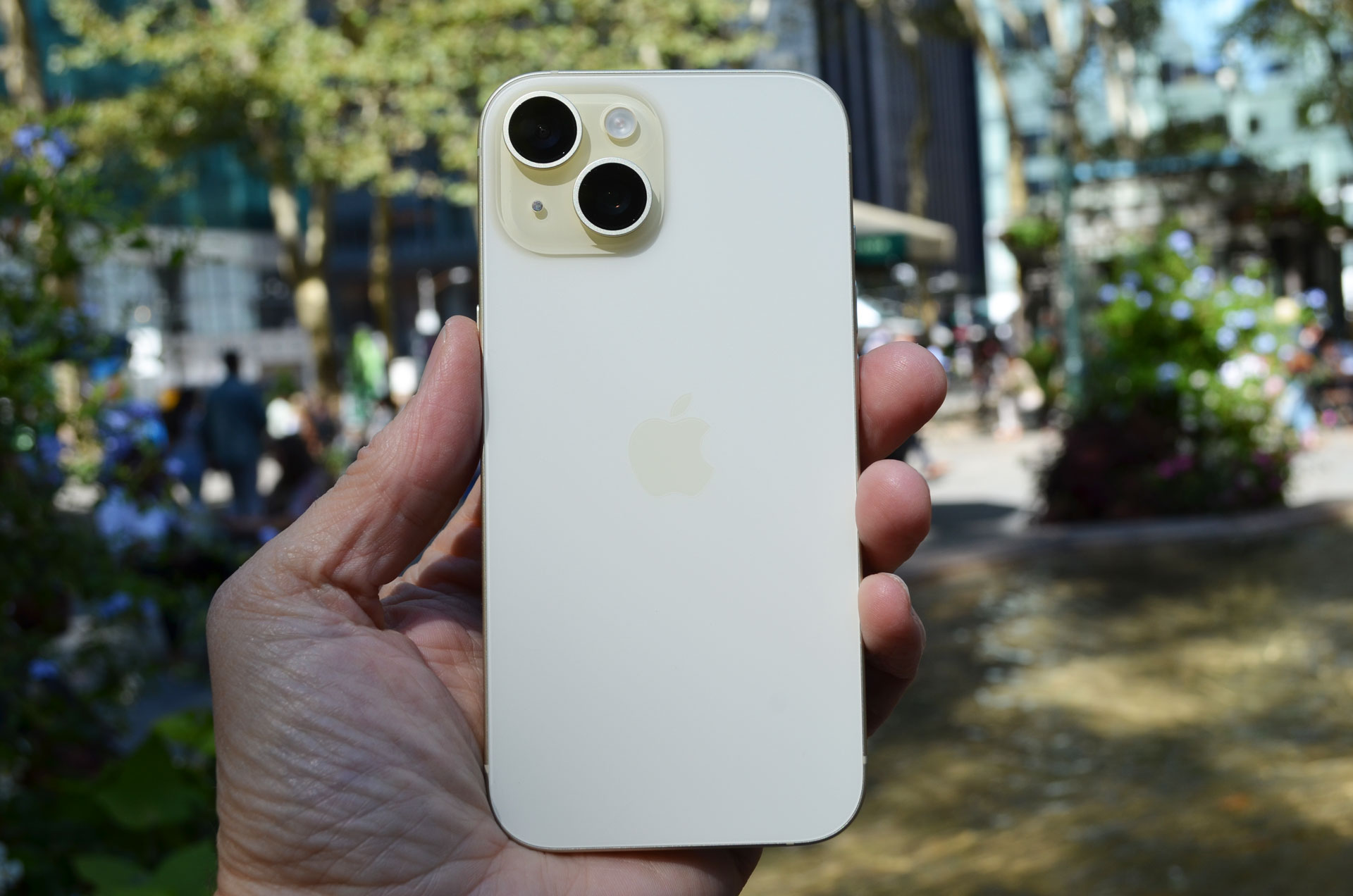
I am a switcher. I switch, and so should you. I just switched from Android to iPhone, and I’ll switch back again next year. Having switched to a new iPhone 15 Pro Max, I have bad news for Android fans. Android has fallen far behind, no matter which flavor of Android you are using. Apple iPhone users are happy as clams right now, but for Android, the state of the OS is not good, my friends.
You can accuse me of bashing Android as an iPhone fan, because I am. I’m also an Android fan lamenting the state of my phone’s future. I switched from the original iPhone to the first Android, the T-Mobile G1, so I guess I was one of the original switchers. I’m invested in both iOS and Android. I want both to get better, because whatever I’m using today, I’ll be using the other tomorrow.
I know when Android is bad. In 2010, I posted a now-deleted Tweet (I delete all of my tweets after a period, not just this one) saying “I hope to someday get a job at Samsung and work my way up until I can fire everyone involved with TouchWiz.” TouchWiz was Samsung’s first attempt at an Android interface, before the current One UI. It was terrible, and Samsung phones were roundly panned by everyone in those pre-Galaxy days.
Then a funny thing happened soon after. I got a job at Samsung. I did not work my way up, and I did not fire anybody, but by the time I left 6 years later, TouchWiz was no more, and Samsung phones were getting great reviews, called iPhone rivals or better by everyone from tech blogs to the Wall Street Journal.
Android has bounced back from being awful
See, Android has been bad in the past, very bad, and then it got better. It got so much better that Apple had to adapt and change in order to compete, for once. Before that, Apple fought the mobile carriers for the freedom to keep carrier software away, but no other phones were competitive. Once the Samsung Galaxy exerted its gravitational pull, even Apple phones got better.
Apple phones got bigger. Apple phones got better cameras, faster networking, and the best mobile processors. This happened because Apple needed to compete, mostly with Samsung and its continually improving Galaxy lineup.
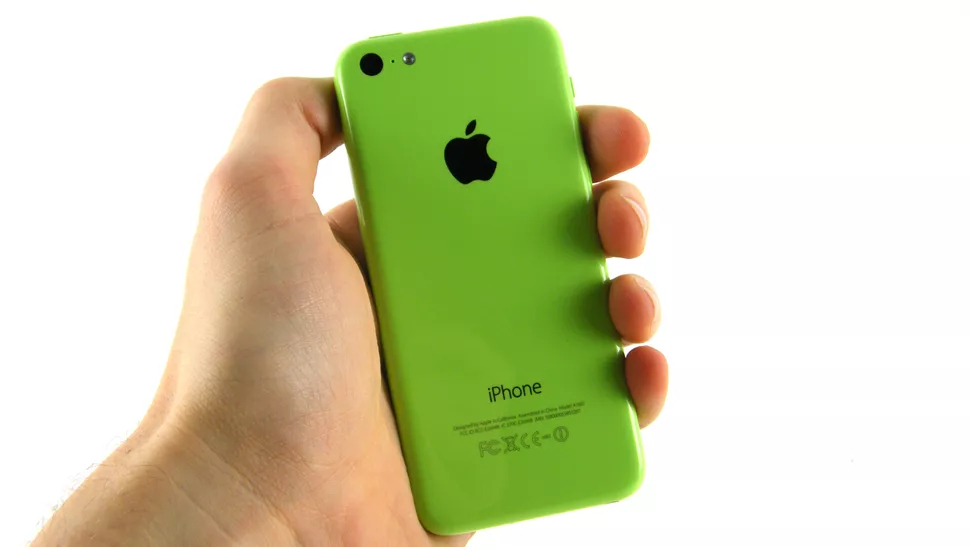
If Samsung hadn’t upped its game with the Galaxy S6, we’d still be stuck with iPhones like the iPhone 5c, a cheap plastic version of the previous year’s iPhone 5. If Android phones had remained cheap, plastic phones, then Apple would have answered with cheap, plastic iPhones to compete.
What makes Android worse than iOS? Complexity
Why has Android gotten bad again? Because it’s incredibly complicated. Android phone makers don’t compete by making phones that are elegantly designed and simple to use. They compete by heaping on features and exclaiming “Look at what our phone can do that no other phone can match!”
The feature lists keep growing, and so does the complexity. I’m not just noticing the big features, like telephoto zoom cameras and ambient sensors that are easy to spot. I mean the little things that creep into the background and keep building up.
Take Wi-Fi, for instance. The difference between the way the iPhone and Android treat Wi-Fi says everything. The iPhone is too simple, and power users won’t have enough control. On Android, the layers of complexity are so thick, they’re laughable.
The Wi-Fi menu on my iPhone is very simple. It’s a list of Wi-Fi networks that are available. I can toggle whether the iPhone asks to join open networks when it finds them. I can also have the iPhone automatically join a personal network when no Wi-Fi is available. That’s very considerate. There are no other options.
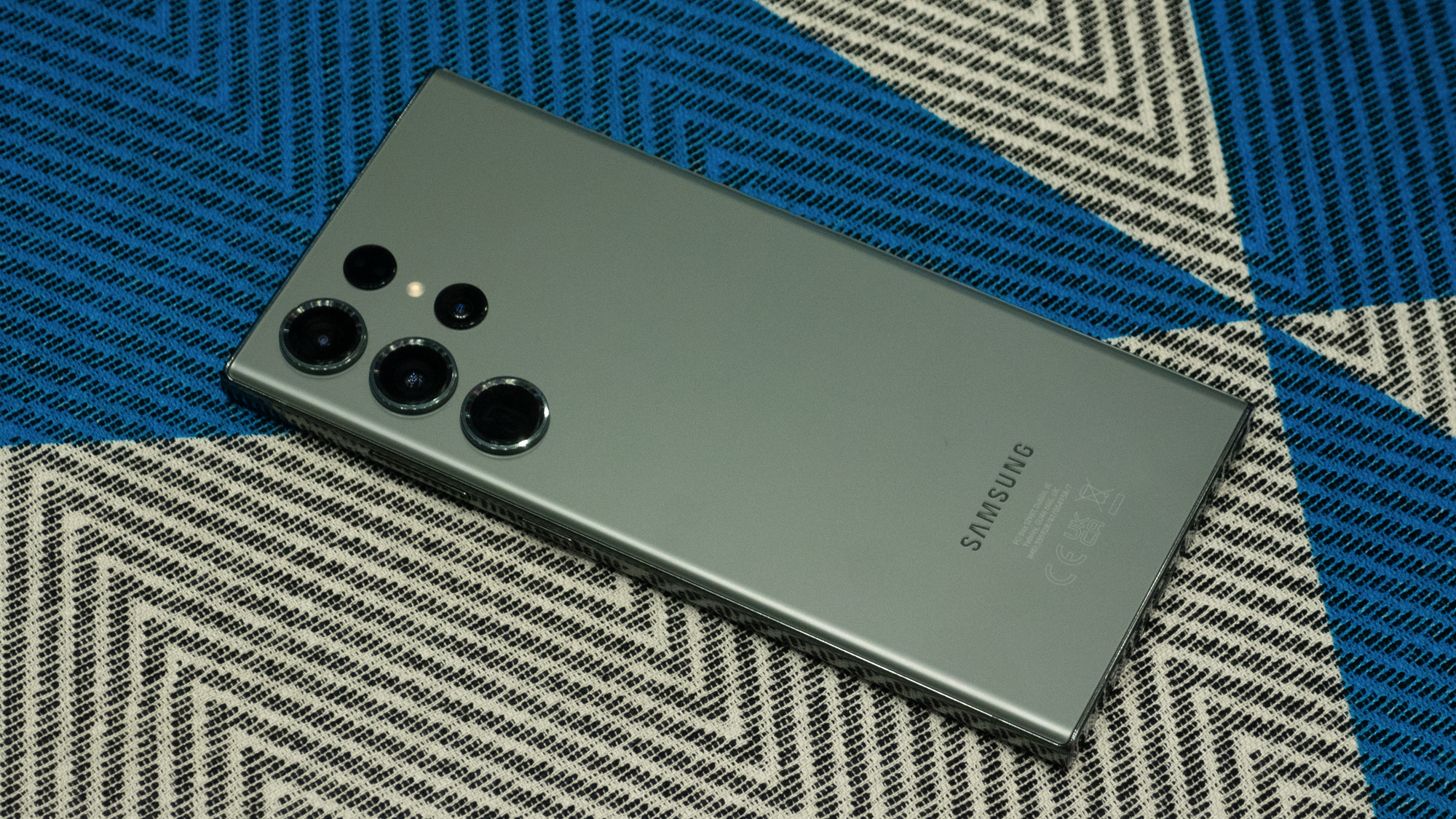
On Android … Oh, where to begin. On my Galaxy S23 Ultra, the Wi-Fi menu also presents a list of available networks, and there is a three-dot submenu hidden in the corner. Another menu. Let's dig.
Here I find options for Wi-Fi Direct (that's cool), Intelligent Wi-Fi (what's that?!), Advanced settings (more menus), and Contact us (?!). Wait, there’s a Contact us option in the Wi-Fi menu? Like, just general feedback? Why is there … okay, I’m getting off track, just like this Galaxy phone.
Advanced settings is yet another submenu. Keep digging and you'll uncover up to six layers of menus for Wi-Fi settings on the Galaxy S23 Ultra. The phone gives you incredible control, but it also gives you puzzling options with no explanation. Why is Intelligent Wi-Fi an option? Why isn’t the Galaxy S23 Ultra always using Wi-Fi in an intelligent way?
Sure, Apple copies features, but Android hides them
Android users used to brag loudly about being able to customize their phones, but now it’s harder than ever to customize my Android home screen. Google’s Pixel phones have given up on letting me arrange home screen panels, or offering me nice ways to organize and sort my apps. If I want to customize like that, I need to download a launcher app, which defeats the purpose of buying a Pixel phone and experiencing Android as Google intended.
What does Google intend? What is the point of Android? It’s very clear where iOS is headed. With iOS 17, Apple is not only fixing problems and responding to complaints, it is refining and improving the way iPhones interact with each other. It's clear that the future for Apple will be all about sharing and interaction. But the new sharing features aren’t really new capabilities, they are a new experience.
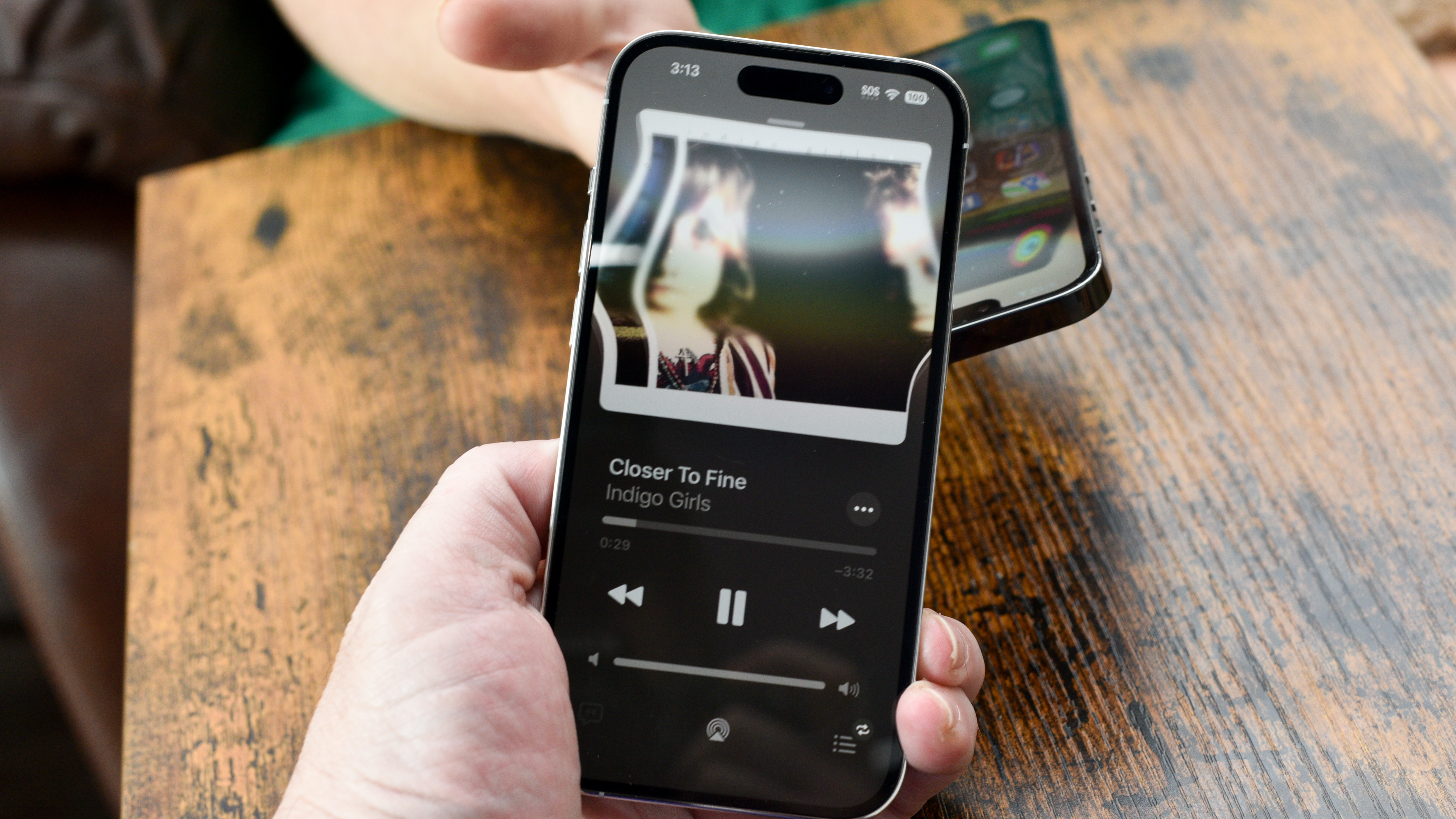
Android has many of these features already, and some of them have been around so long that they have come and gone. Android phones could long ago share just by bumping two phones together. It never really caught on, because the experience was unreliable. It didn’t always work, and it required more setup than you’d expect.
On the iPhone, you just bring your phone close to another phone and the phones start to shimmer like magic. They find each other. It just works. That’s the constant refrain from Apple fans, and there’s a reason why. Because it’s true, it really just works.
Apple’s new Check In safety feature has been a part of Android for years on Google’s Pixel phones. Why doesn’t anybody use it? Heck, why doesn’t anybody even seem to know about it?
Apple Maps can download maps to use offline, just like Google Maps has been doing for years. But on Google Maps, it’s a process that you need to select. On Apple Maps, it happens intuitively and automatically, after asking permission. In other words, it just works.
When you know why iOS is better, you'll demand a better Android
I’m tired of this. I’m tired of having an Android phone with so many features that are hard to find and use. I’m tired of phone makers improving cameras, adding new sensors, and cramming in features we don’t need, like satellite communications, when basic Android features so badly need improvement first.
I’d love a moratorium on new features until the old ones can be polished and made shiny. Until they just work.
Until then, I have a sad recommendation: Android fans, you owe it to yourself to try an iPhone. For real, you should switch. Don’t say you’re leaving forever. Just try it for one cycle, one phone. You know you’ll have another phone some day.
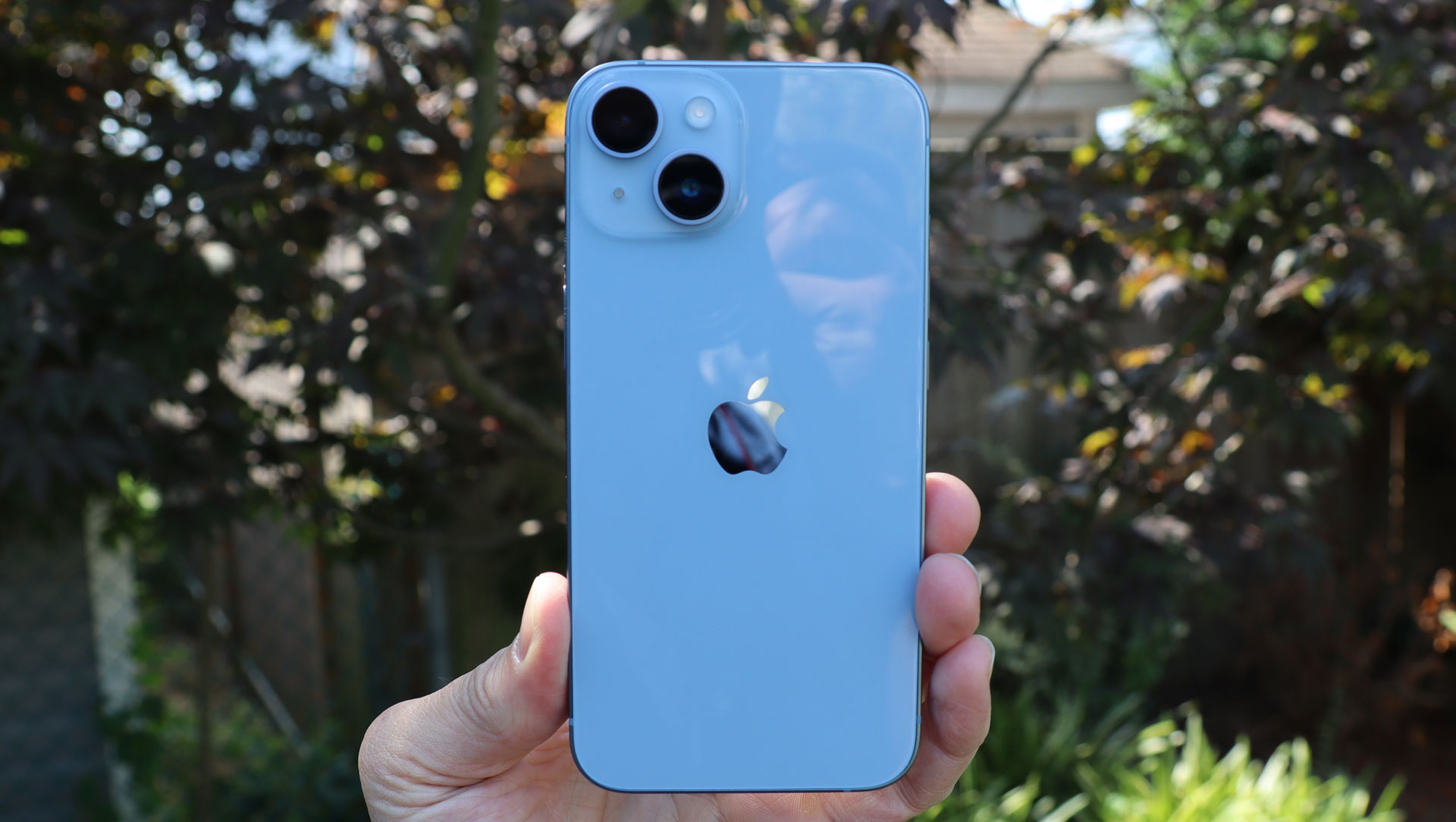
Get an iPhone 15 Pro Max. Get an iPhone 14. Even the iPhone SE, the cheapest iPhone that Apple sells, gets the latest software updates on the same day as the most expensive new iPhone.
Imagine that? Knowing the exact day that you’ll get your software update? Getting a software update on the same day as every other iPhone owner? Getting to use all of the cool new features that the biggest, baddest iPhone gets, even though your phone is three, four, or even five years old? That’s something no dedicated Android owner has ever experienced.
That’s just the start. Android fans should be frustrated, and should voice their frustration with their wallets. Switch. Buy an iPhone to make Google and Samsung scared. Make them fight to win you back. Android will get better, and the phone world needs the best from both Android and iOS.
You might also like
Get daily insight, inspiration and deals in your inbox
Sign up for breaking news, reviews, opinion, top tech deals, and more.

Phil Berne is a preeminent voice in consumer electronics reviews, starting more than 20 years ago at eTown.com. Phil has written for Engadget, The Verge, PC Mag, Digital Trends, Slashgear, TechRadar, AndroidCentral, and was Editor-in-Chief of the sadly-defunct infoSync. Phil holds an entirely useful M.A. in Cultural Theory from Carnegie Mellon University. He sang in numerous college a cappella groups.
Phil did a stint at Samsung Mobile, leading reviews for the PR team and writing crisis communications until he left in 2017. He worked at an Apple Store near Boston, MA, at the height of iPod popularity. Phil is certified in Google AI Essentials. He has a High School English teaching license (and years of teaching experience) and is a Red Cross certified Lifeguard. His passion is the democratizing power of mobile technology. Before AI came along he was totally sure the next big thing would be something we wear on our faces.